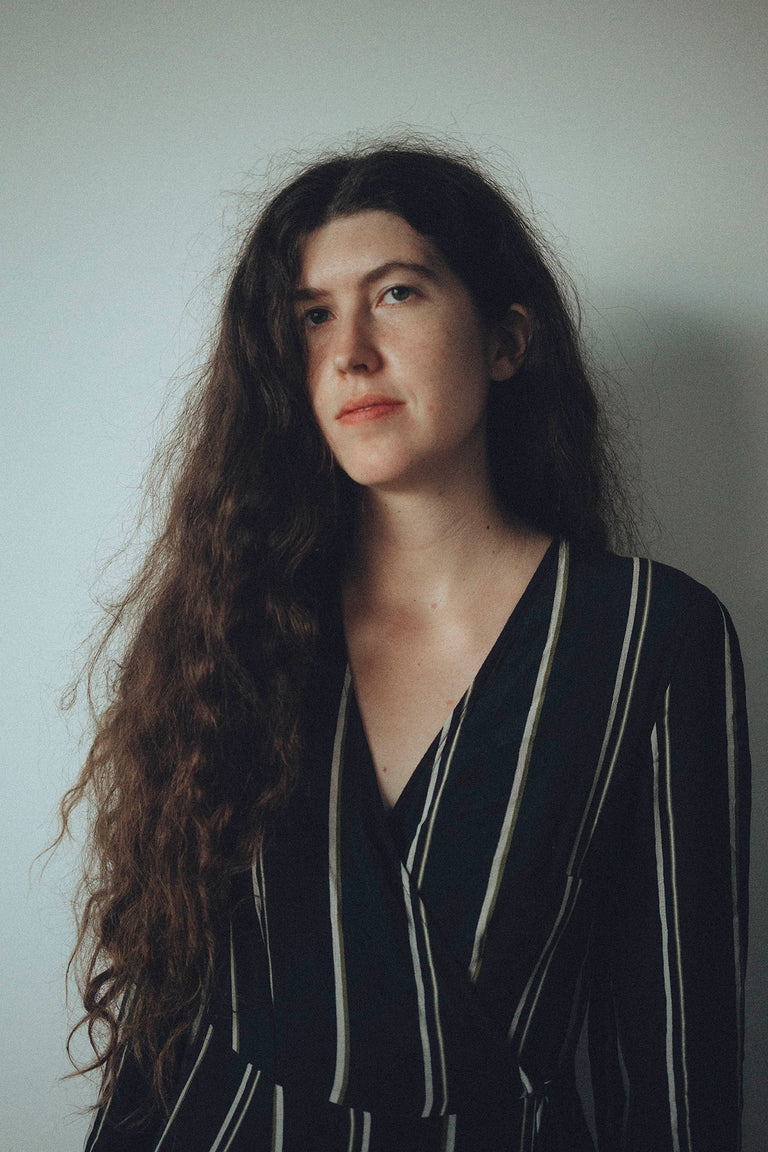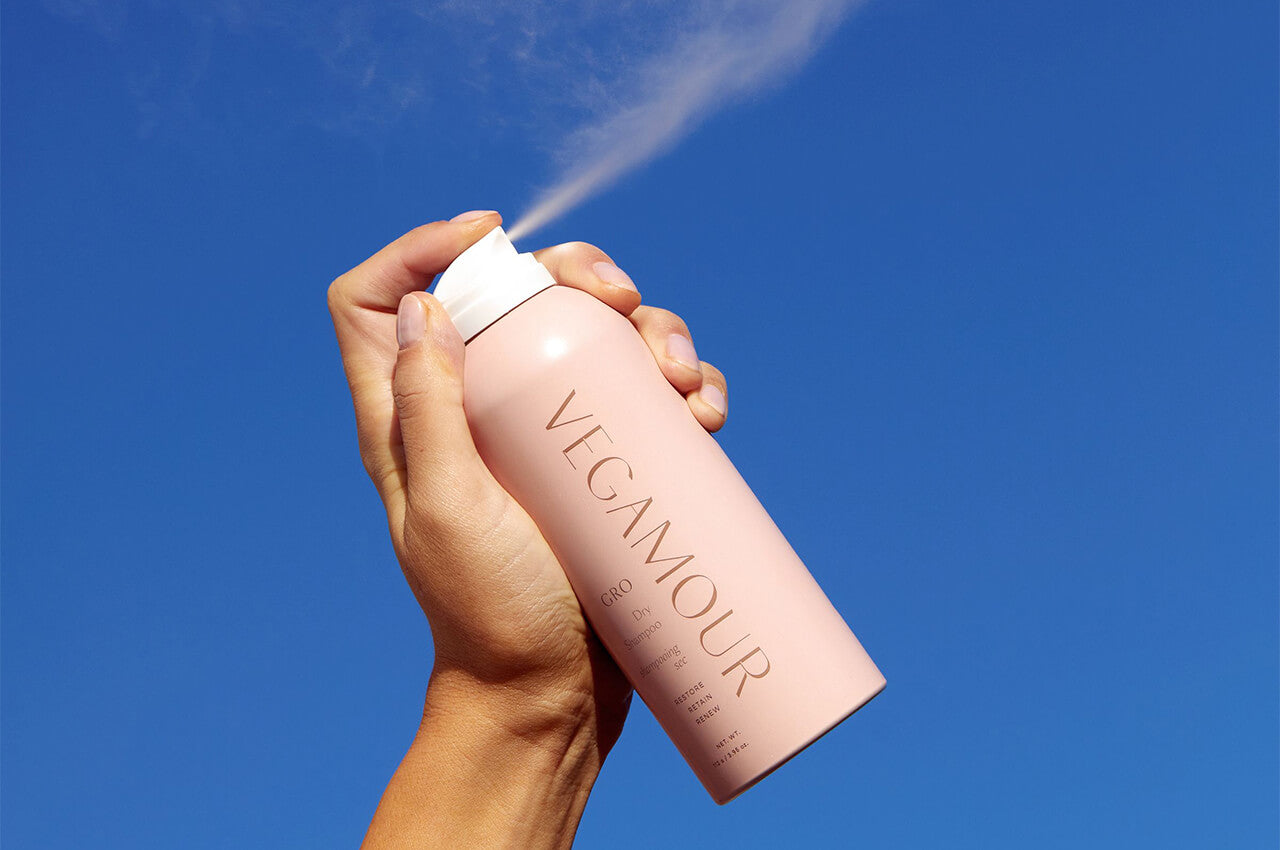If you're someone who spends a lot of time thinking about hair and scalp health, you've probably heard of a trichologist. Whether you suffer from hair loss, hair breakage, alopecia, thinning hair or are just generally worry about the wellbeing of your hair or scalp, you might have considered getting a consultation from a qualified professional.
But should you see a trichologist or a dermatologist to address your hair issues? And what does a trichologist do, anyway? We've got answers for you so you can decide if making an appointment with a trichologist is right for your unique situation. Plus, learn more about what products you can use to encourage thicker looking hair in as soon as 90 days.
What Is a Trichologist?
In short, a trichologist is a qualified hair loss specialist. Trichology is a term that covers the study of conditions effecting the hair and scalp, including any medical problems that might be associated with this area. Trichologists study the human hair and scalp through the lens of both chemistry and biology, understanding how healthy hair growth operates on both a chemical and mechanical level. Basically, trichology is the study of hair, and all of the problems associated with it, including the most common: hair loss.
A professional trichologist is a specialist whose training in hair health and wellness helps them with the diagnosis and treatment of hair and scalp conditions, including hair loss. Trichologists also conduct research on hair products you might purchase or have used on you in a hair salon. They know all there is to know about hair, including the cycles of hair growth and understand how hair health operates on a holistic level, starting from the outside in. They'll help you understand the big picture of your hair health, and develop a treatment plan that gives your hair what it needs to thrive.
Shop: Products for Thinning Hair
Dermatologists vs Trichologists: Which Should You See?
At this point, you might be thinking that what a trichologist does sounds similar to dermatology. So how is it different? While there is some overlap between the world of trichology and dermatology, the difference is in the level of specialization. A dermatologist is a doctor who specializes in dermatology, meaning that they will have a deep understanding of the treatment of any condition that effects the skin, hair follicles, nails and scalp. If a patient wants a quick general consultation on a hair or scalp condition or wants a referral for a trichologist, a dermatologist is a good place to start, especially since you may already be seeing a dermatologist you're comfortable with.
You may be able to obtain more general treatments for hair and skin wellness from your dermatologist such as prescription dandruff medication, although they will not be able to provide the specific hair loss treatments that a specialist trichologist can. For a more specialized consultation on hair and scalp issues, especially hair loss, you should make sure to consult a certified trichologist. You can find a trichologist through the World Trichology Society. While a dermatologist has a wide reaching medical background on treatment of skin conditions, qualified trichologists are also scalp specialists who will be able to recommend appropriate products for your unique hair. A dermatologist might be able to give you more generalized medical advice for scalp and hair health, but if it's a hair specialist you need to see, you should book an appointment with a doctor certified in trichology.
Doctors May Also Be a Trichologists, But Trichologists Aren't Necessarily Doctors
Another key difference between a dermatologist and a trichologist is that a trichologist is not necessarily medically qualified. While a trichologist may also have a medical background in addition to their certification in trichology, and will always be trained in diagnosing and recommending products for hair and scalp issues including hair loss, trichology is not a medical certification in and of itself. In fact, you may find your local trichologist working at a hair salon. While there are independent practitioners of trichology, working out of a salon helps trichologists build communities of support for wholistic hair health.
Related: Questions to Ask Your Trichologist
When to See a Trichologist
Most people begin seeking out a trichologist when experiencing any of the following:
- Hair loss
- Hair breakage
- Hair thinning
- Alopecia
- Dandruff
- Other scalp conditions
A trichologist can help diagnose whatever problems you are experiencing and suggest appropriate treatments to increase the health of your scalp and hair. However, you don't have to be experiencing hair loss, scalp issues or any other condition to seek treatment from a specialist certified trichologist. Trichology is for everyone.
You may seek treatment from a trichologist in order to get in front of future problems with your hair and scalp. Or you may seek a consultation with a qualified professional so they can recommend the most appropriate products or treatments for your unique hair and scalp or to help limit hair loss. Many of us worry about issues with our scalp health and hair loss, especially as we age or experience hair loss due to diet changes, environmental factors or stress. Asking your preferred hair salon if they have anyone on staff who has obtained their trichologist training is a great place to start.
Should You See a Trichologist?
While trichology is not a medical certification, a good trichologist will have more experience dealing with problems specific to hair and hair loss than your general practitioner or even your dermatologist. While problems with hair are often medical, our relationship to our hair is also grounded in social and emotional factors. A qualified practitioner of trichology will understand the complexities of these issues as they help assess your hair health and guide you towards nurturing products and practices like using a scalp serum and scalp massager that actively work to support hair health. A trichologist can help provide expert support and consultation as you embark on your journey to healthier hair.
#include-related-slider#
More From VEGAMOUR
- The Best DHT Blockers to Grow Hair and Reduce Hair Loss
- Side Effects of Spironolactone Explained
- Is It Bad to Sleep With Wet Hair?
- Shop VEGAMOUR Best Sellers
Photo credit: Pavel Danilyuk/Pexels
Back



















